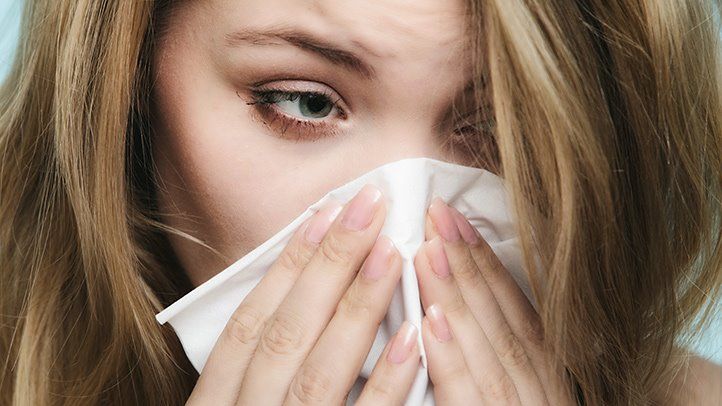The allergy season can be a tough time for many people. If this sounds familiar, then don’t worry, you aren’t alone. Almost half the population of America reports that they are impacted by seasonal allergies.
For the health-conscious, this can disrupt favorite routines for months. But, there's hope! This guide offers ways to exercise outdoors safely during allergy season, helping to keep a healthy mind and body.

According to a survey on Statista, 49% of Americans suffer from seasonal allergies. While some of these may be mild, it still means that outdoor exercise can become a thing of misery for millions of Americans.
The allergy season is difficult to define, it depends on the particular allergen and geographical location, amongst other factors. Broadly, it’s during spring, summer, or fall, when airborne allergens are present in greater numbers.
However, an individual's susceptibility to particular allergens will play a large part in defining what constitutes their “personal” allergy season.
Common culprits include:
Understanding the specific allergens and their peak times can help individuals better prepare and protect themselves.

The warmer months are perfect for outdoor activities – unless you suffer from seasonal allergies. In this case, these months can mean the misery of hay fever symptoms or worse.
However, all is not lost! Masks and sunglasses can help keep allergies at bay. But there are plenty of other hints and tips to help you make the most of the great outdoors, even in the allergy season.
Being aware of pollen levels can make a significant difference in managing your outdoor activities:
Some useful resources that can help you keep aware of pollen levels include the national allergy map at pollen.com and the American Academy of Allergy, Asthma, &Immunology’s allergies map.
Choosing the right time for your outdoor activities can significantly reduce your exposure to allergens:
Just timing your workout differently can be the difference between day and night!
The weather plays a large part in determining pollen levels. Here's how you can use it to your advantage:
By keeping an eye on the weather and understanding its impact, you can make informed decisions about your outdoor activities.
Managing allergies often requires a proactive approach, especially when you're keen on outdoor activities:
By pre-medicating and staying informed, you can enjoy the outdoors without the sneezes and sniffles.
It's essential to tune into your body's signals. While medications and precautions help, if you feel unusually fatigued or experience heightened symptoms after outdoor activities, it might be a sign to adjust your routine.
Recognizing and respecting your body's limits ensures a healthier and more enjoyable outdoor experience.
Outdoor activities are fantastic for health and wellness, including being a phenomenal stress remedy.
However, being deprived of our outdoor activities just as the weather is perfect is a cruel stroke of irony. But by taking a few precautions, keeping an eye on the weather and pollen forecasts, and applying a little common sense, it is possible to enjoy outdoor activities all year round.
Be the first to post comment!